To be human for the corporation: Olga Ravn’s ‘The Employees’
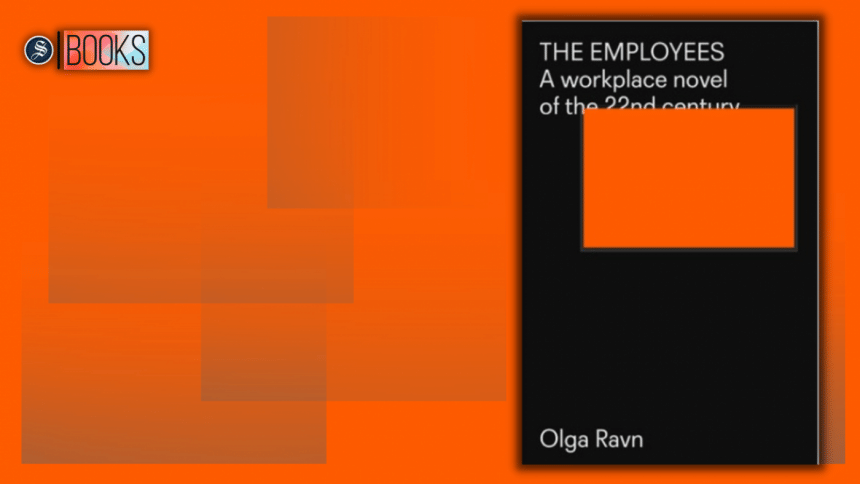
The workplace of the future is no longer a rosy picture in our consciousness; it has not been so since at least the beginning of the 21st century when the tech giants first offered up their corporate dreams of work and play. It is fitting that Olga Ravn's The Employees (Lolli Editions, 2022) is subtitled, "A workplace novel of the 22nd century", as all hopes of a healthy, humane work life is absent in her novel in favour of dejection, homesickness, and desperate yearnings for acceptance at a professional capacity. Emotions that one can easily see as being part of our idea of the office in the future.
Ravn's novel, which was shortlisted for the International Booker Prize in 2021, is a space opera. However, it eschews any concentration on external adventure or fantasy and relies solely instead on the characters' internal struggles. These characters, human and machine alike, are invited to provide witness statements about their working environment to a commission, which form the entirety of the novel—a design that helps Ravn bring about an atmosphere of tension. It also makes her novel quite aimless. There are, of course, issues of betrayal, misunderstandings between human and machine and even murder taking place, yet it seems that the structure she opts for cannot measure well with her need to supply a full-fledged genre novel.
The Employees has been translated from Danish by Martin Aitken. It is the story of a crew of humans and humanoids on a spaceship named the Six-Thousand ship, which hovers over a distant planet named New Discovery. Enamoured with the strange objects collected from the surface, the inhabitants of the spaceship begin to voice their conflicts and nostalgia (real and constructed) in their interviews. At times their frustration reigns a little too unsubtly, as when one statement reads: "…There's more to a person than the work they do, [a] person is more than just their work? Something like that. But what else could a person be?"
The humanoids' desires to be human are not as poignant (Data from Star Trek is essentially still the best treatment of this), but Ravn does capture the despair memorably. One third of the way in, one statement reads: "Perhaps all that's needed is for you to change my status in your documents? Is it a question of name? Could I be human if you called me so?"
Better yet is Ravn's characters questioning their humanness against the backdrop of their service to the company. A strange and uncomfortable shift of loyalties and entitlement can be seen in the blurriness they experience ("Am I human? Does it say in your files what I am?") or the outright feeling of failure present among the employees ("If you're not human enough or in some other way lack standing….allow me to be bold, if in any way you've inconvenienced the organization then you can wait as long as you want, the column of light isn't going to appear.").
That inconveniencing the company might nullify your person-hood is increasingly a realistic possibility. Ravn's science-fiction story succeeds here. But her insistence at having a full-fledged plot kills some of the mystique of her novel. The story, instead of being clinical and automated, as the employees themselves are intended to be, become lumbering and end in puzzling, if not unreasonable, circumstances.
The alien objects boarded on the ship mesmerise the employees. They form an aura, a sort of sensuous joy reminiscent of the hazy paradise employees of lower ranks often imagine the lives of higher management would feel. Ravn's intelligent use of this old science-fiction trope to satirise the propaganda of late-capitalism is perhaps the finest pleasure to take away from The Employees.
Often meditative in its sensory attention to the objects of the foreign planet, The Employees genuinely makes for an appealing read. One can surely forgive its occasional descent into a predictable genre plot and celebrate it for the menacing portrayal of corporate language that for most of us is often too real to look past.
Shahriar Shaams has written & translated for SUSPECT, Adda, Six Seasons Review, Arts & Letters, and Jamini. Find him on twitter @shahriarshaams.

 For all latest news, follow The Daily Star's Google News channel.
For all latest news, follow The Daily Star's Google News channel. 





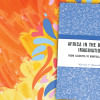

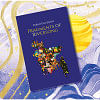
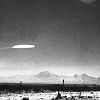
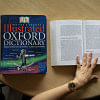


Comments